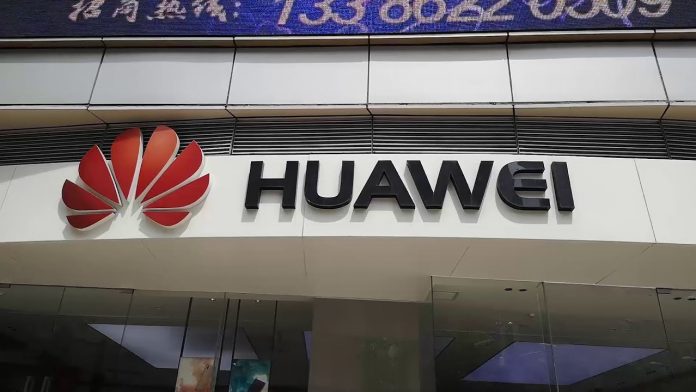The U.S. Commerce Department last week blacklisted Huawei and effectively halted its ability to buy American-made parts and components. In wake of the restrictions, Google has suspended business activity with the Chinese giant. Other suppliers, including Qualcomm, Broadcom, Intel and Xilinx, told employees they will not sell to the Chinese firm until further notice, according to Bloomberg News.
An executive order signed by President Trump last Wednesday may lay the groundwork for a ban on the sale of Huawei’s equipment in the United States by declaring a “national emergency.” Additionally, an order issued by Commerce Secretary Wilbur Ross will prevent Huawei — the world’s leading telecom equipment provider — from buying components and technology from American businesses without the explicit approval from the United States government.
The ban will financially harm thousands of Americans employed by the U.S. companies that do business with Huawei, which buys more than $11 billion in goods and services from U.S. companies each year. A total ban on Huawei equipment could potentially eliminate tens of thousands of American jobs.
Because Huawei equipment is installed in dozens of 4G networks in underserved, remote and rural parts of the country, a ban would permanently prevent small, independently owned American telecom operators such as Eastern Oregon Telecom and Union Wireless in Wyoming from developing new services and delivering faster broadband connections to millions of people.
Instead, those operators would be forced to spend their limited funds replacing Huawei equipment with more expensive gear supplied by its competitors (there are two — Ericsson and Nokia — neither an American company).
Chip suppliers are losing a big customer as Huawei purchases an estimated $20 billion of semiconductors each year.
Shares of Xilinx tumbled more than 5 percent on Monday, while Qualcomm stock dropped more than 4 percent. Shares of Analog Devices, Broadcom, Advanced Micro Devices are all under pressure following the Huawei ban. The VanEck Vectors Semiconductor ETF are down 3 percent on Monday, almost 15 percent below its intraday all-time high. All but one component of the ETF is correction levels or worse as of Monday and almost half the 25 stocks is in bear market levels.
Huawei is the acknowledged industry leader in 5G technology. Blocking it could harm the American economy by preventing the United States from keeping pace with the rest of the world in rolling out 5G networks. The United States could end up falling behind the many European and Asian countries that plan to introduce 5G networks — ensuring that those countries take the lead in delivering new products and services to their residents, just as American companies did when the country moved quickly to roll out 4G, the previous generation of wireless tech.
This seems like a clear attempt by the United States government to try and ensure the market domination in the wake of Huawei’s unparalleled growth and swift expansion into other markets. This move will, undoubtedly, do a great deal of damage to business operations Huawei conducts overseas, with UK in the front lines taking the brunt of it, but it will also impact U.S. companies who have conducted business with Huawei before the ban.
The Chinese tech giant claims it can endure the ban and the subsequent impact on it’s international business. The question is, can American companies pull through, and if so, does America really need Huawei then?
